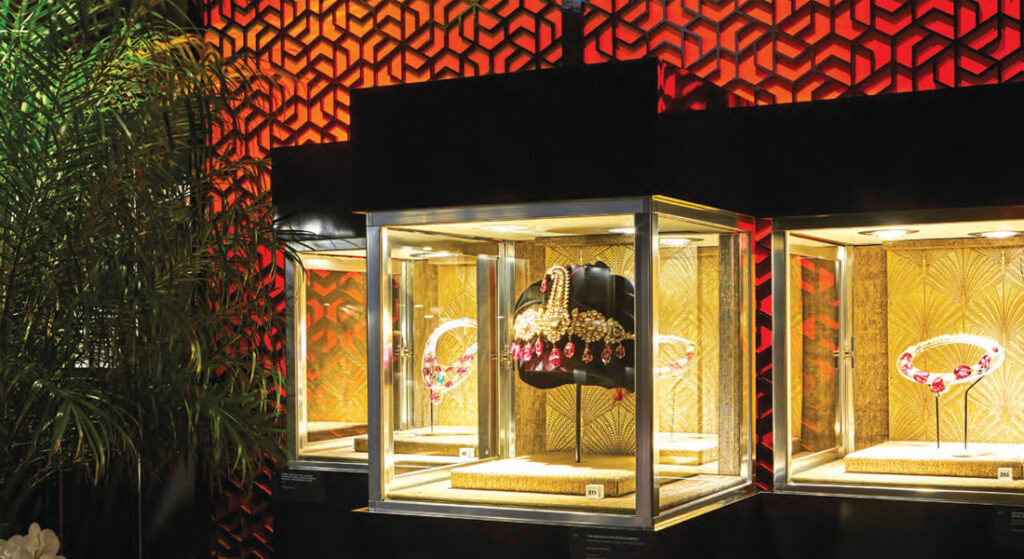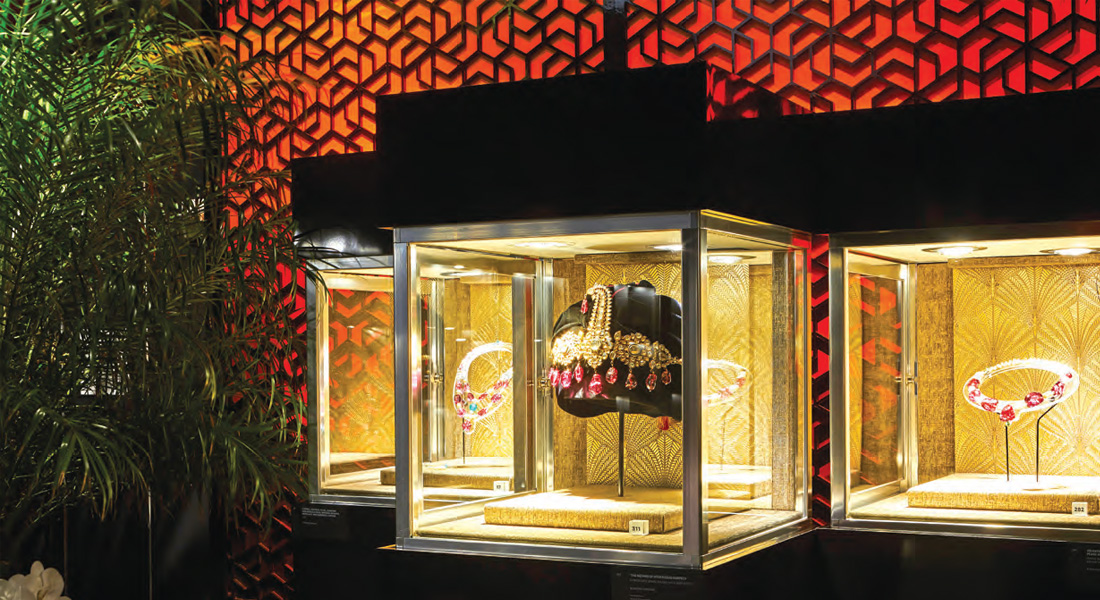Jewelry auctions can be an exciting and lucrative way to buy beautiful pieces, whether you’re a seasoned collector or a first-time buyer. The thrill of bidding against others and the potential to snag a rare, unique, or vintage piece can make auction events incredibly appealing. However, if you’ve never participated in a jewelry auction before, the process might feel a bit overwhelming. This guide will walk you through how to buy jewelry at auction, what to expect, and tips to help you get the most out of the experience.
What Is a Jewelry Auction?
A jewelry auction is a public event where pieces of jewelry are sold to the highest bidder. Auctions can take place in person at a physical location or online, and they often feature a range of items, including diamonds, gemstones, antique jewelry, designer pieces, and even custom-made creations. Auctions are held by specialized auction houses, and they can sometimes include rare or high-value items that you wouldn’t find in retail stores.
Why Buy Jewelry at Auction?
There are several reasons why you might consider buying jewelry at an auction:
- Rare Finds: Auctions often feature one-of-a-kind items, making them ideal for collectors or anyone looking for something unique.
- Potential Bargains: Depending Evry Jewels on demand, auctions can sometimes allow you to buy jewelry at a lower price than retail.
- Investment Opportunities: Certain types of jewelry, such as vintage or designer pieces, can appreciate in value over time, making them an attractive investment.
- Authenticity: Auctions usually provide detailed descriptions and provenance for the pieces being sold, ensuring that buyers are getting genuine, high-quality items.
How Do Jewelry Auctions Work?
Understanding how jewelry auctions work is key to being successful when bidding. Whether you’re bidding at a live auction or an online auction, the process generally follows the same steps:
1. Research the Auction
Before attending a jewelry auction, take some time to research the auction house and its upcoming events. Many auction houses publish catalogs or online listings showcasing the jewelry that will be available for bidding. Reviewing these can help you set a budget and make informed decisions about which pieces you might want to bid on.
- Catalogs and Listings: Auction catalogs often contain detailed descriptions of each piece, including photographs, estimated values, and any relevant historical or design information. These resources are incredibly helpful for determining what pieces are worth bidding on.
- Estimated Value: Each item in the catalog typically comes with an estimated value. Keep in mind, this is just a guide; bidding can drive prices higher, depending on the interest in the item.
2. Register to Bid
To participate in a jewelry auction, you’ll need to register beforehand. For in-person auctions, you may need to show identification and place a deposit. For online auctions, registration is usually a simple process where you provide your details and agree to the auction terms.
3. Set a Budget
It’s easy to get caught up in the excitement of bidding, but it’s important to set a budget for yourself before you start. Auctions can be fast-paced, and prices can escalate quickly as multiple bidders compete for a piece. Determine your maximum bid in advance, and don’t exceed it.
4. Bidding
Once the auction starts, you can place bids on the jewelry you’re interested in. In live auctions, an auctioneer will call out the bids, and you’ll raise your paddle to indicate your offer. In online auctions, bids are placed via a website, often over several days.
The highest bid wins, and once the auction is over, you’ll pay for the item according to the terms outlined by the auction house. Be aware of buyer’s premiums, which are fees added to the final price. These can range from 5% to 20% or more, depending on the auction house.

5. Finalizing Your Purchase
Once you win an auction, you’ll need to complete the payment. Typically, auctions accept credit cards, wire transfers, or other secure methods of payment. After payment is processed, the auction house will arrange for shipping or pickup of your jewelry.
Tips for Buying Jewelry at Auction
If you’re new to jewelry auctions, here are a few tips to help you navigate the process and make a wise purchase:
1. Do Your Homework
Before bidding, research the jewelry pieces you’re interested in. Understand the materials, quality, and provenance. Knowing what you’re bidding on will help you avoid overpaying for a piece that isn’t as valuable as you think.
2. Know the Market
Understand the market value of the jewelry you’re considering. Whether it’s a diamond ring, vintage watch, or antique bracelet, knowing the current retail prices or recent auction results for similar items will give you an idea of what a fair bid is.
3. Attend Preview Events
Most auction houses hold preview events before the auction where you can see the jewelry in person. This gives you the chance to inspect the pieces closely, ask questions, and get a feel for their condition and authenticity.
4. Don’t Rush Your Decision
It can be tempting to place a bid quickly, especially if there’s competition, but take your time. Carefully assess the items you’re interested in, and only place a bid if you’re confident in its value.
5. Watch for Hidden Fees
In addition to the hammer price (the price at which the jewelry is sold), be sure to account for any additional auction fees. These may include buyer’s premiums, shipping, and insurance costs. Factor these into your budget before bidding.
What to Expect After the Auction
After the auction, if you’ve won the bid, you’ll receive details about how to collect or have your jewelry shipped. If you didn’t win, you can always try again at another auction. Many people attend multiple auctions to find the perfect piece at the right price.
Conclusion
Jewelry auctions are an exciting and dynamic way to acquire valuable and rare pieces. Whether you’re looking for a classic diamond ring, an antique brooch, or a modern designer piece, understanding how the auction process works can help you make informed decisions. With the right research and preparation, you can have a successful and enjoyable experience buying jewelry at auction.

















